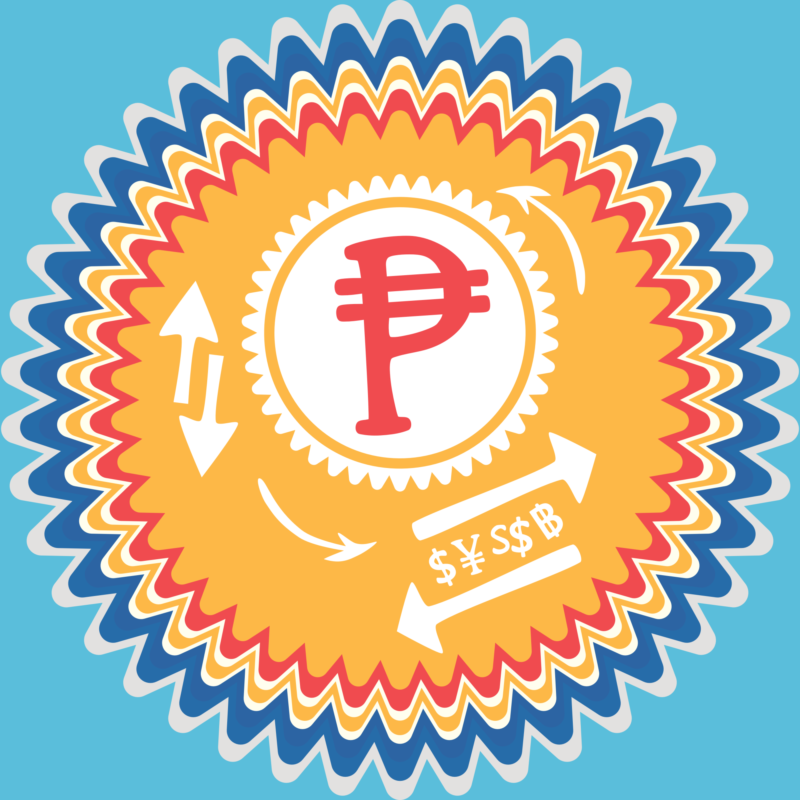Diversify, diversify, diversify. If you’re an investor, you’ve heard that saying a thousand times.
Hopefully, you have taken it to heart and invested in different asset classes.
But did you consider also investing in different stock markets?
One such market you should consider is the Philippine stock market. While it’s a smaller emerging market, the Philippine economy has enjoyed one of the fastest growth rates in the world over the past decade.
Ready to invest in the Philippine stock market today? Read this quick guide to get you started, so you know what to expect.
What Is the Philippine Stock Market?
First, let’s talk about the Philippine stock market. The PSE or Philippine Stock Exchange Inc. is the national stock exchange, and the only stock exchange in the country.
PSE typically is open Monday to Friday, excluding holidays. Normal trading hours are from 9:30 am to 12 noon, then again from 1 to 3 pm.
However, it should be noted that trading hours have been shortened, most recently due to the COVID pandemic.
Like many markets, the PSE offers a variety of securities. The largest index on the PSE is the PSEi, which is a broad index that consists of 30 companies.
Some consider the PSEi an informal indicator of the overall health of the PSE, but that’s not always the case, so exercise caution when looking at the PSEi.
Investing in the PSE
If you are already familiar with investing, then investing in PSE shouldn’t be too intimidating. You will need to open a brokerage account. That can be easily done online.
Even if you are living outside of the Philippines, you can trade stocks there. Sites like monexsecurities.com.au allow foreigners to easily invest in PSE with low fees.
Diversifying your investments doesn’t have to be hard, and with online brokers making it easy, it’s another reason to invest in the Philippine stock exchange.
Capital Gains and Dividends
Like many countries, the Philippines taxes capital gains. Shares of stocks are taxed, but only if they are not sold through the local stock exchange.
The tax rate on capital gains is 6%. It is based on the higher amount between the fair market value or the gross selling price.
Calculating dividends can be a little trickier. In most instances, it’s 10%.
It’s important to keep tax rates in mind when investing in the stock exchange. If you are a foreigner investing in the PSE, you also need to consider your own country’s tax laws, so consult a tax professional. That way you can reap the benefits of investing in the Philippine market without the headache of managing your taxes.
Expand Your Portfolio With the Philippine Stock Market Today
Investing in the Philippine stock market today is easier than ever due to the prevalence of online brokers. Even foreigners reading outside of the country can trade stocks, and often for low brokerage fees.
For more on the stock market, check out the rest of our finance section.





Leave a Reply
You must be logged in to post a comment.